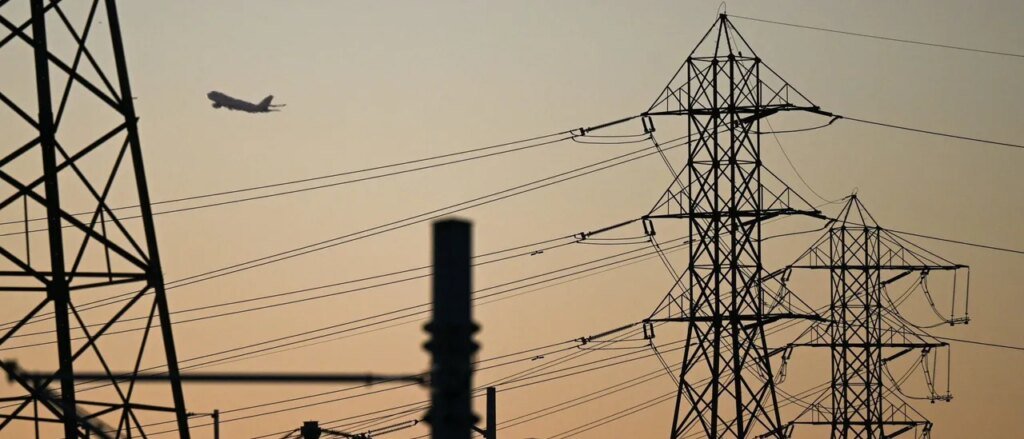Americans cherish their freedom, and, well, it’s really their right to enjoy life on their terms—driving their own cars, whether they’re gas, hybrid, or electric, living in homes that are comfortable because of heating and air conditioning, cooking meals on gas or electric stoves, and watching television shows or sports that they love. This lifestyle relies heavily on readily available and affordable energy.
According to recent data from the U.S. Department of Energy, about 82.16% of the energy consumed in America comes from fossil fuels, including coal, oil, and natural gas. An additional 8.67% is sourced from nuclear power. So, in essence, more than 90% of the energy used in the past year stemmed from these traditional sources.
Wind accounts for only 1.64%, while solar energy makes up around 1.17%. It’s a small pie, to say the least. As the economy and population expand, so does the demand for energy. In fact, since 1960, energy derived from fossil fuels and nuclear power has more than doubled.
That said, nuclear energy peaked in 2019 and has kind of plateaued since then, facing pushback from certain environmental groups. Isn’t that a bit ironic? Greenhouse gas emissions have actually decreased even as fossil fuels and nuclear power usage rose in recent decades. For instance, fossil fuel consumption went up by 8.64% from 1990 to 2022. Yet, during that same span, greenhouse gas emissions dropped by 3% according to the Environmental Protection Agency.
But still, groups like the Sierra Club, 350.org, and the National Resources Defense Council are not just resisting the growth of these energy sources; they’re advocating for a rollback. They argue that we can somehow replace the energy lost from nuclear and fossil fuels with renewable resources like wind and solar.
Interestingly, they tend to push back against nuclear energy, despite it not producing greenhouse gases. For example, the Sierra Club emphasizes its opposition to any new commercial nuclear power plants. Similarly, 350.org regards “new nuclear” as a perilous distraction in the fight against climate change.
The National Resources Defense Council also holds that expanding nuclear power isn’t the right way to diversify the U.S. energy portfolio or minimize carbon emissions. Recently, though, they’ve managed to bolster their campaign and have influenced the renewable energy landscape across the U.S. By 2021, major banks like Wells Fargo and JP Morgan had joined the Net Zero Banking Alliance, recognizing a commitment to climate targets. However, many of these banks have since withdrawn from the alliance.
Still, advocates for “renewable energy only” have claimed some successes. Since 2001, the Sierra Club’s “Beyond Coal” campaign has contributed to the closing of over 300 coal plants. What’s more, a proposed liquid natural gas export terminal in Oregon was scrapped in 2021, and a gas-fired power plant planned for Connecticut also met a similar fate in 2023. These groups have even pressured for the closure of California’s Diablo Canyon Nuclear Power Plant, which supplies 9% of the state’s electricity, although there’s been a vote to extend its operations until 2030.
This continuous push against fossil fuels and nuclear energy appears to result in greater dependency on the People’s Republic of China for energy resources. A report from the Heritage Foundation has highlighted how China has established dominance over the global supply chain of green energy products. If the U.S. continues to rely on these products, it could potentially compromise America’s energy security.
Limiting energy production methods in the U.S. restricts our freedoms. This dependence on China could lead to economic leverage against us, and restricting how energy is generated means fewer choices in how we use it. This seems to align with the climate activists’ viewpoint, where there’s pressure to forego driving an EV, using an electric stove, or even eating meat.
To underline this, it seems necessary to break free of ideologically charged restrictions surrounding fossil fuels and overcome the long-standing negative sentiment about nuclear power. This way, we could secure a future where Americans have genuine choices, with affordable and abundant energy supporting their freedom.







